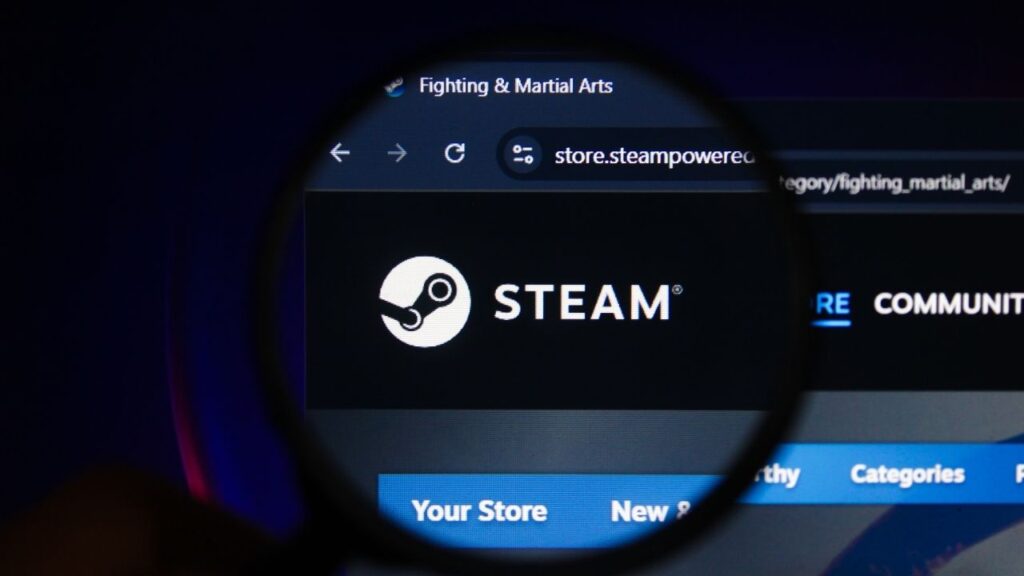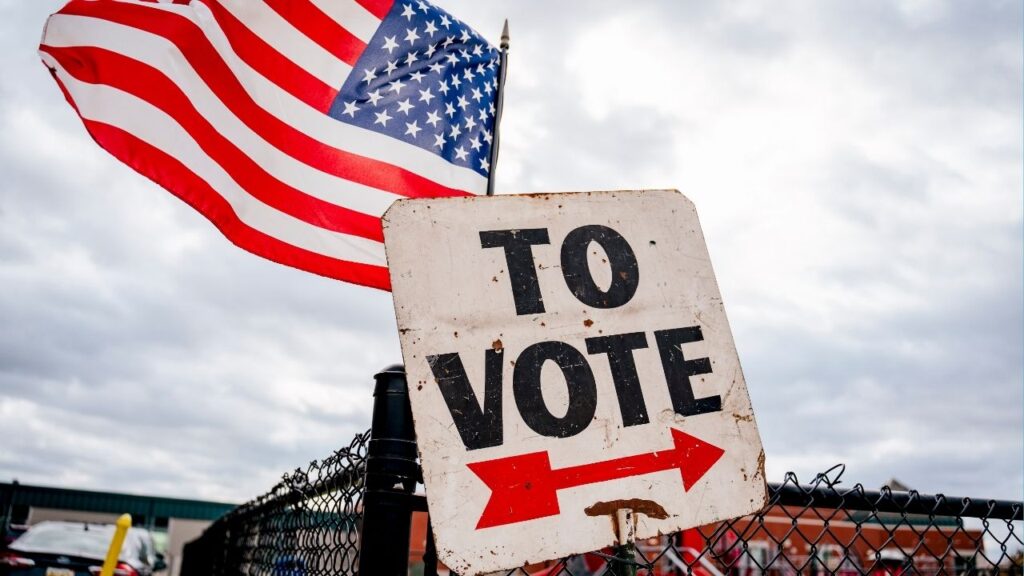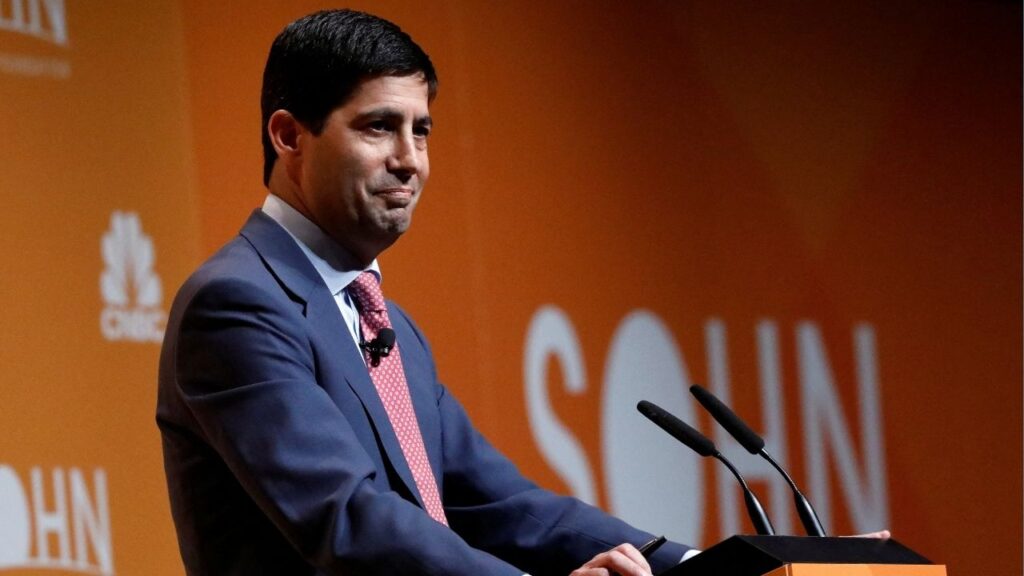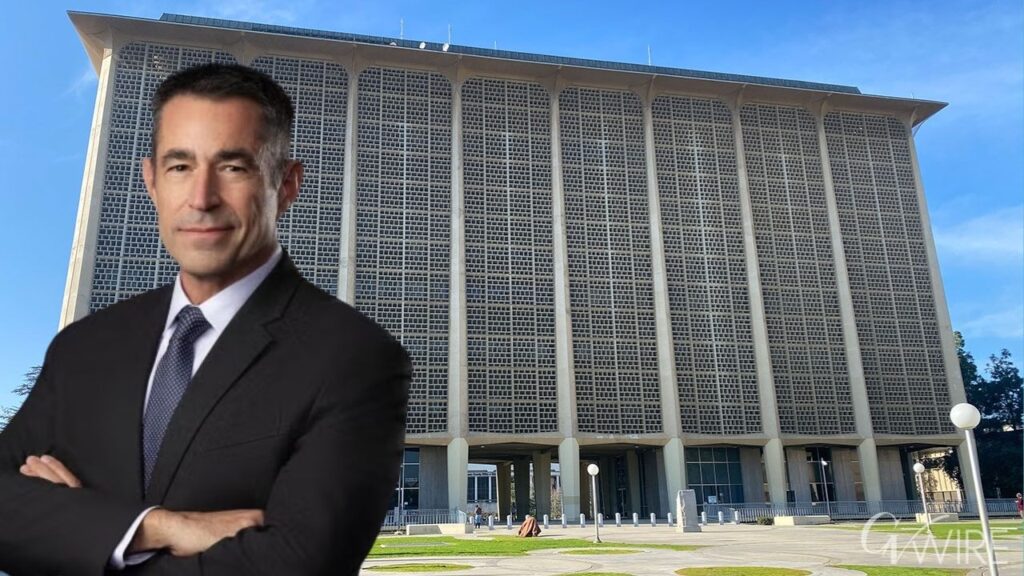Share
Some people worry that cash may be spreading the coronavirus.
Earlier this year, both China and South Korea began sterilizing their bills using UV light or high heat before putting them back into use. They also quarantined their bank bills for 14 days in hopes that any lingering viruses would die off during that time.

Marilyn Roberts
The Conversation
In early March, a World Health Organization spokesperson suggested that people should not use cash if possible, but then clarified that the WHO was not issuing a COVID-19 specific guidance with regards to using contactless payments.
I’m a professor of environmental and occupational health sciences and global health, and I believe that we don’t need to worry about money as much as some might believe.
Do Surfaces Spread the Coronavirus?
Recent articles indicate that some microbes, including COVID-19, are unlikely to spread through contaminated surfaces such as cash.
The only potential way to acquire COVID-19 from a contaminated surface is to get the virus on your hands and then touch your mouth, eyes or nose.
This is why everyone from the Centers for Disease Control and Prevention and the WHO to local governments have stressed that hand-washing is critically important, especially after handling money.
Bacteria and some viruses have been identified on currency. It’s just that COVID-19 has not been examined.
Little is known about how long COVID-19 might survive on currency. Laboratory testing on influenza suggests viability lasts from one hour to one day without mucus.
However, viability in nature would depend on temperature, humidity and exposure to sunlight. Nothing has yet been done with COVID-19 survival on cash, though on other surfaces, COVID-19’s survival has again varied.
The Problem With Going Cashless
One proposed solution is going cashless, meaning using methods of money that are not paper or coins, such as debit cards or cryptocurrency.
Some experts are concerned about going cashless, as it may make it difficult for some people who do not have credit cards.
Also, some small businesses prefer cash so they do not have to pay the fees involved with using a credit card.
Finally, there is little evidence that eliminating the use of cash would make a difference in the spread of COVID-19, nor do we have data to support that this virus maybe easily transmitted by any type of contaminated surface.
About the Author
Marilyn Roberts, Professor of Environmental and Occupational Health Sciences, University of Washington. This article is republished from The Conversation under a Creative Commons license. Read the original article.
RELATED TOPICS:
Categories
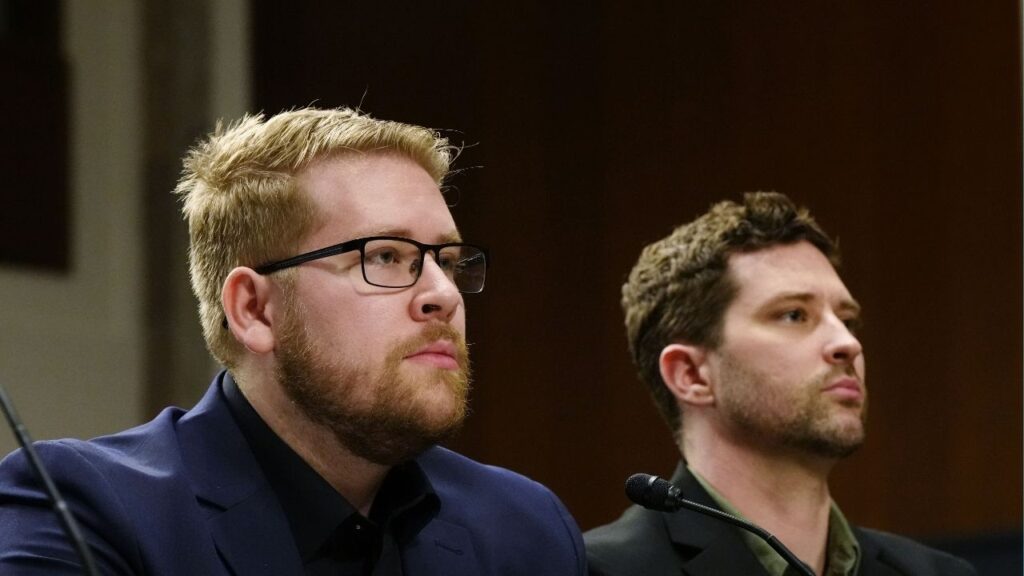
Renee Good’s Relatives Speak to Lawmakers in Washington
